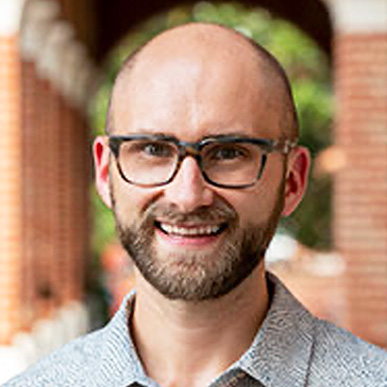Seth Palmer: Being Pilgrim, being guest. Balancing Peregrine and landed experiences in the doctoral research journey


HUMA Doctoral Seminar Series
This talk explores a tension familiar to many students in the humanities and social sciences working towards a PhD degree. Students often find themselves torn between, on the one hand, crafting a clear, concise dissertation that intervenes in a specific set of academic literatures and, on the other hand, constructing new side projects that grow alongside and beyond their PhD project. Limited graduate student support in the late capitalist university system pushes students to complete a dissertation as quickly as possible; and yet, students may also find themselves compelled to try out new innovative methodologies, explore emerging research topics, and seek opportunities for publication and engagement outside of academia while working towards the PhD. This paper invites dialogue on the balance between staying "on track" – given limited funding – while also embracing opportunities to stray from the dissertation during the doctoral research journey. In so doing, the paper employs two extended metaphors drawn upon the lived experiences of interlocutors – both spirit mediums-pilgrims and migrant 'guests’ – who reside in the Betsiboka Valley of northwestern Madagascar, where I conducted doctoral ethnographic fieldwork.

About the speaker: Seth Palmer is a socio-cultural anthropologist whose transdisciplinary work engages religious publics and emergent political imaginaries in Madagascar and the broader Afro-Indian Ocean world. Broadly speaking, Dr Palmer's scholarship attends to the uncanny ways in which collective turns towards the past – as in concerns over ancestrality and "tradition" – lie at the heart of various future-oriented political aspirations. His/their book manuscript project considers how spirit possession and its social networks act as a central conduit for the transnational projects of HIV prevention and queer rights activism in Madagascar. Dr Palmer's current research interests include religio-political conflict at royal spirit shrines, burgeoning communities of Malagasy Jiosy "Jews," and the afterlives of French colonial and early nationalist racialization processes across the island.